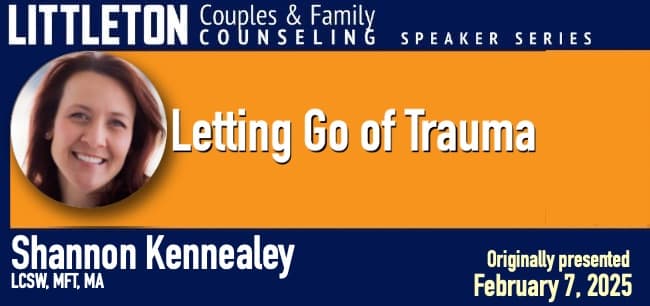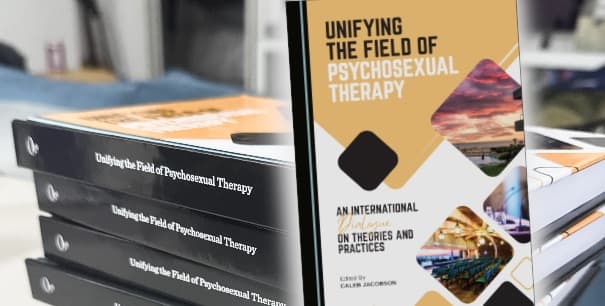Adult ADHD and surviving long-term relationships
In regard to long-term relationships, folks with adult ADHD usually want the same things as neurotypical people: love, communication, safety, and fun. Many non-ADHD people are attracted to folks with adult ADHD because it can make that person spontaneous, exciting, adventurous, and willing to do interesting things during the dating experience. At this stage, most neurotypical people won’t experience all the “chronic negative side effects” of adult ADHD like forgetfulness, lateness, disorganization, or lack of follow through.
Adult ADHD loses its novelty
Once into a long-term relationship— and this can take months to years to fully show itself— many of the adult ADHD attributes that led to the couple falling in love can become problems in the shared resources of the relationship: money, time, and shared spaces.
Because of the neurochemistry and brain physiology involved with adult ADHD, no amount of positive thought, good intentions, hard work, or ignoring will make it go away. Yelling at a partner with ADHD will probably override their situation for a while, then the adult ADHD will slowly return to the forefront. This can lead to frustration, anger, and resentment as the adult ADHD partner resumes historical behaviors.
When one partner in a relationship has adult ADHD, the non-ADHD partner may experience anger and frustration with the their partner and the relationship. Ownership of one’s feelings and letting go of the false pretense that it is “the other partner’s fault” they feel this way is an important first step in rediscovering why the two if you fell in love and rebuilding the relationship.







